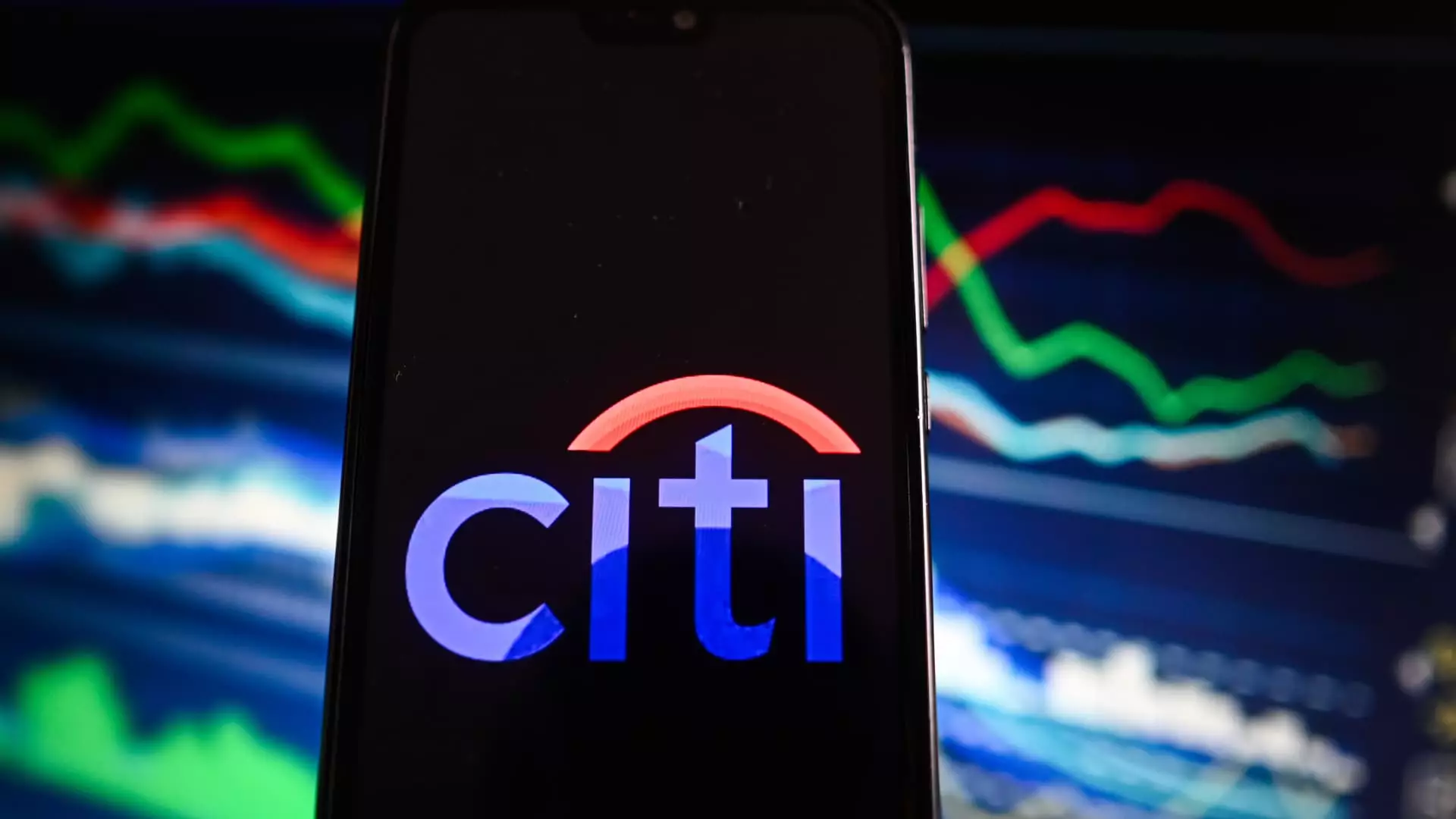The recent surge in bank stocks is a clear indicator of how political developments can sway financial markets. The expectation of Donald Trump’s victory in the presidential election triggered a notable rise in the shares of major banks during overnight trading. Specifically, Citigroup saw an impressive increase of approximately 5% in late trading, largely facilitated by platforms like Robinhood that cater to retail investors. Meanwhile, Bank of America experienced a gain of over 3%, with Wells Fargo and Goldman Sachs each rising more than 2%. This market movement is emblematic of investor sentiment indicating optimism regarding the future regulatory landscape that Trump may establish.
A pivotal factor in the rising bank stock valuations hinges on the anticipated shift in regulation under a Republican presidency. Historically, the Republican Party has adopted a pro-business, deregulatory stance, suggesting that financial institutions could anticipate relief from stringent oversight. Analysts have pointed out that a rollback of Consumer Financial Protection Bureau (CFPB) regulations could lead to a more favorable environment for banks. Jaret Seiberg, an analyst from TD Cowen, posited that Trump’s administration may pivot away from aggressive scrutiny of financial practices, which could directly benefit the profitability of these institutions.
What makes this situation particularly intriguing is the way investors are advised to interpret Trump’s political rhetoric. Seiberg’s commentary encapsulates the essence of this approach—investors are encouraged to look beyond Trump’s statements and focus on what historical precedents suggest regarding potential deregulation. This notion is crucial; the expectation of a friendlier regulatory climate could motivate institutional investments while boosting consumer confidence in the financial sector.
The potential for banks to benefit from lower capital requirements and more lenient regulations on credit card policies and crypto assets speaks volumes about the transformative effect of political changes. Moreover, while the short-term gains for trading banks seem promising, there are darker clouds on the horizon concerning tariffs and possible immigration policies that Trump may implement. The concern surrounding these measures lies in their potential inflationary effects, which could inadvertently undermine the gains made in the banking sector.
In the fast-changing environment of financial markets, the need for a nuanced understanding of both political and economic forces becomes vital. As the results of the presidential election unfurl, the banking sector stands at a crossroads filled with both opportunities and risks. Investors need to approach the market with caution, weighing the prospects of deregulation against potential economic headwinds stemming from impulsive political decisions. Ultimately, the future of bank stocks will be shaped by a complex interplay between policy shifts and market realities, requiring continuous monitoring and adaptive strategies.

